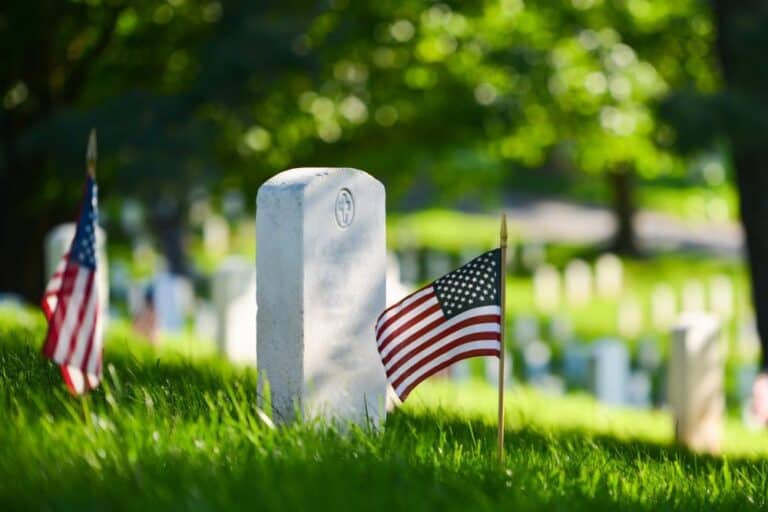General’s Nomination Yanked Over Sexual Assault Case
In a career-ending move, Lt. Gen. Susan Helms has put in for retirement after setting aside a sexual assault conviction for a fellow officer.
Helms was set to be nominated to become the vice commander of the Air Force Space Command. That nomination has been put on “permanent hold,” by Sen. Clair McCaskill, D-Mo., due to Helms’ decision on the sexual assault case.
According to Sen. McCaskill,
“With her action, Lt. Gen. Helms sent a damaging message to survivors of sexual assault who are seeking justice in the military justice system…. that justice [can be] ripped away with the stroke of a pen by an individual who was never in the courtroom for the trial and who never heard the testimony.”
Earlier in Helms’ career, she was ironically considered a role model for women across the country for her achievements as an astronaut. She set the record for the longest space walk in history, over 8 hours.
The conviction in question involved the alleged sexual assault of two women by Captain Matthew Herrera. He was acquitted of sexually assaulting a technical sergeant but convicted of the same against a first lieutenant.
Helms concluded that the evidence in question did not hold enough weight to merit a “beyond-a-reasonable-doubt” burden of proof. In this instance, there was no physical evidence presented.
In setting aside the conviction, Helms did assign Herrera with non-judicial punishment under the UCMJ with an Article 15.
What is unclear in my mind is why military commanders with no specialized legal training (like a lawyer) are being required to make legal determinations on the probative value of evidence.
While Helms is clearly an expert in being an astronaut, I am unclear as to how she would be trained in law well enough to understand the “beyond-a-reasonable-doubt” requirement.
Helms’ determination in this case has lent further support to the charge against military commanders being able to set aside determinations for their troops. Instead, Congress is pushing toward removing this authority by requiring outside commanders to make the decision in similar cases.
On the surface, this sounds fine. However, we would likely have a repeat of the same kinds of problems. Rather than dealing with internal pressure that the commander normally faces, the decision maker would be another commander who would likely be pressured by the commander in charge of the accused. The problem would merely change hats.
Instead, since the military has a JAG, why shouldn’t the JAG be the end all be all regarding legal issues? They are, after all, trained in the law with life and career experience making determinations about how it works.
The commander of any military unit or base should have no say when it comes to legal issues since they are not extensively trained in law.
That is my two cents. Keep it simple. Let the JAG deal with rapists. If the JAG screws up, they still have to answer to their state’s bar association should the victim choose to file a complaint.
Take President Clinton as an example of accountability to a state bar. Even though he was President, his home state’s bar disbarred him because of his testimony during the Starr investigation.
While this did not affect Clinton in the least regarding his ability to earn money, it would most certainly impact a JAG officer when they try to earn a living after separating from the military as a lawyer.
Do not be fooled, there is accountability for actions outside of the military and outside of the Presidency for anyone with a professional license.





